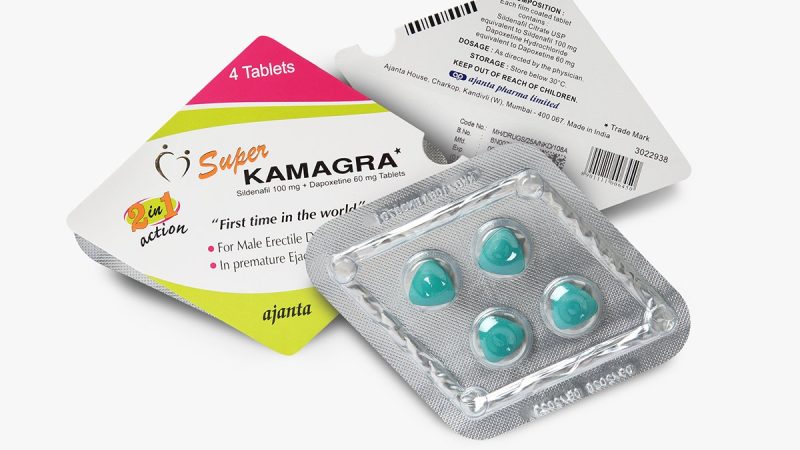Everything You Should Know About Treating Depression with Ketamine

Did you know that before Ketamine became a treatment for depression, it was an anesthetic in battlefields and operating rooms? Sounds interesting, right? You may then ask, “How did Southern California ketamine therapy become such a promising treatment for depression?’
Responding to ketamine treatment means that you reduce your chances of suicide. Ketamine can relieve serious depression symptoms, especially if they do not respond to other treatments. Read on to find out more about ketamine therapy for depression.
Are You An Appropriate Candidate for Ketamine?
Before starting your treatment, consider whether you are the right candidate. Your doctor will then recommend an evaluation session to determine your candidacy. Your doctor may consider your medical history, lifestyle habits, and prescriptions.
Additionally, your doctor may consider the duration of your depression symptoms, their severity, and past treatments. Putting all these factors together will help your doctor determine if Ketamine is a good choice for you. Then your treatment will begin after the evaluation.
Can Everyone With Depression Benefit From Ketamine?
Generally, Ketamine is an effective and safe treatment for managing depression. However, not everyone can make a good candidate for a Ketamine therapy treatment. Such may include children under 18, breastfeeding mothers, and pregnant women.
You may also not benefit from Ketamine if you have a family history of schizophrenia and a personal history of psychosis. If you may have experienced adverse reactions with other anesthetics, Ketamine may present unpleasant side effects. Therefore, discussing your current health, symptoms, and what you hope to achieve is important to determine if Ketamine suits you.
What Are The Different Types of Ketamine?
You can benefit from Ketamine therapy in two ways if you deal with treatment-resistant depression. The first involves administering the treatment as an intravenous infusion that enters your bloodstream. Second, you may receive the treatment as a Spravato nasal spray.
The different forms of Ketamine will interact differently with your brain receptors. Also, how your doctor delivers the treatment, and the type of Ketamine you receive influence the effectiveness and possible side effects. However, it does not mean that one form of Ketamine is more effective than the other.
How Does Treatment With Ketamine Work?
Ketamine may especially be meaningful if you are struggling with depression and other treatments are not working. Ketamine targets your brain receptors and binds with them to increase glutamate neurotransmitters. Glutamate will then activate your AMPA receptor, and the release of other molecules begins along new pathways.
As a result of the whole process, you may experience changes that affect your moods, cognition, and patterns. Ketamine may also reduce inflammation signals that may be associated with mood disorders. Although, research is still on to determine exactly how Ketamine works to help you manage depression.
After diagnosing you with depression, your doctor may recommend treatments. Often, your first-line treatments may take up to several months to be effective. Sometimes, you may even need several medications to come close to finding relief.
Thankfully, ketamine treatment comes in different forms that your doctor can administer to treat major depression symptoms. Although there is no clear understanding of how treatment works, Ketamine possibly binds with your brain receptors to affect your moods and thoughts. You do not have to live with depression if you can receive effective treatment.







